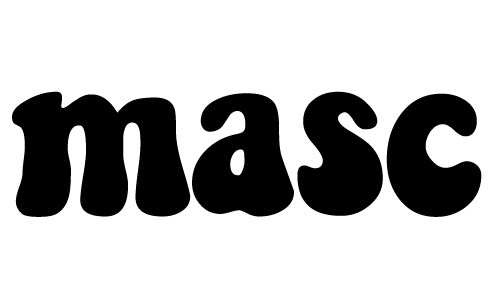Conor Kavanagh
“About eighteen months ago, two tech boys got together. It was very salacious – one worked in Facebook and the other worked in Google. I won’t mention who are they are but they got together. They heard about InterTech UK, they wanted to bring it to Ireland, and they asked me if I would help found it. We scouted around for other LGBT people in tech and before we knew it, we had Airbnb, LinkedIn, Facebook, Google, and Twitter. Then we tried to figure out what we were actually going to do.
We classify ourselves as a diversity forum, and we focus on three core values: doing social good like supporting ShoutOut and raising a lot of money for them; another is social networking for LGBT people to go out together in Dublin; and the last is community development like the event that we’re going to have on Thursday night, which is trying to have a meaningful conversation about a topic that affects the whole community. Conor Kavanagh is one of the founders of InterTech Ireland. This story is anticipation of the panel discussion No Fats // No Femmes taking place this evening – you can visit here for more details.
Although it might seem obvious to anyone who has logged on to Grindr for even the quickest fling, I ask Conor for the motivation behind No Fats // No Femmes. He describes a previous encounter on Grindr. “I was looking around and this guy messaged me. I looked at his profile and it was just four words: 'Gay – Fat, Straight – Thin', [whereby] the gay community is fat and the straight community is thin. I burst out laughing. But then I went, ‘oh fuck, this guy views his worth and self image completely differently depending on the community he’s in. While it might have been just a funny thing to put on his profile, I think it spoke hugely about the way in which we interact with one and other”. This anecdote broadly reflects a real and ongoing challenge for community cohesion. “I was in New York just before marriage equality and somebody said to me, ‘when we get equality, the debate will move toward how we treat one another within the community – we have a really big problem there’. He was so right. We actively discriminate against one and other and perpetuate the stereotypes we have of one and other when we ourselves are an oppressed minority”.
Arguably this poses a challenge as great as – if not greater than – any external threat, and I ask for Conor’s opinion on what all of these behaviours boil down to. “You don’t have enough information to read into so you draw your own conclusions too quickly. When you look back at the instances in which somebody has said no in the past – whether that’s ‘no blacks, no dogs, no Irish’ or any other example – you’re saying I don’t want your custom. That immediately has the connotation that you are not good enough to be around me and I do not respect who you are. And I think that’s the insidious underlying message behind saying something like 'no fats, no femmes’ – it’s not simply a disclaimer that if you message me I’m not going to message back because I’m simply not interested. It’s a statement of where you attribute value within the community. That’s horrible”.
The No Fats // No Femmes panel will include campaigner David Stuart and YouTuber Riyadh Khalaf. Some of the most illuminating insights, however, are sure to come from Vivienne Errington Barnes of Her – a social app for lesbian, bisexual, and queer women. Conor, so right on, describes her inclusion on the panel as “crucial”, saying “it is so often the case in these debates that the female perspective is overlooked. She’s one of the most articulate, intelligent, and engaging women you could ever hope to have on a panel like this”. While inter LGBT intolerance is not solely the purview of the gay white male, Her has an excellent track record of keeping statements that would incite hatred and discrimination off the platform, something that the likes of Grindr could surely learn from.
On that note, talk turns to what can be done by apps such as Grindr and if they should be doing anything at all. “That’s the interesting part of this debate. One of the questions we want to get out there is what the responsibility of business is to society. Is it to provide a service [hookups] to society, as Grindr does, and which Grindr does really well? There’s nothing wrong with Grindr as a platform, but could we be doing more to help them support us as a community and this problem? We definitely could. It’s about examining what we as users can also do. Because the onus is more on us – there are more of us than there are Grindrs”. And effecting this change? “Well, Grindr, and others use push notifications to highlight issues that affect the community. Be it a race to raise funds for HIV treatment and awareness to sexual health testing – these are problems that these platforms have actively recognised as impacting our community. I think it’s about talking more, sharing more, discussing things like no fats and no femmes and bubbling it up to their level”. With any luck, Thursday will see our community come together and find further solutions.




